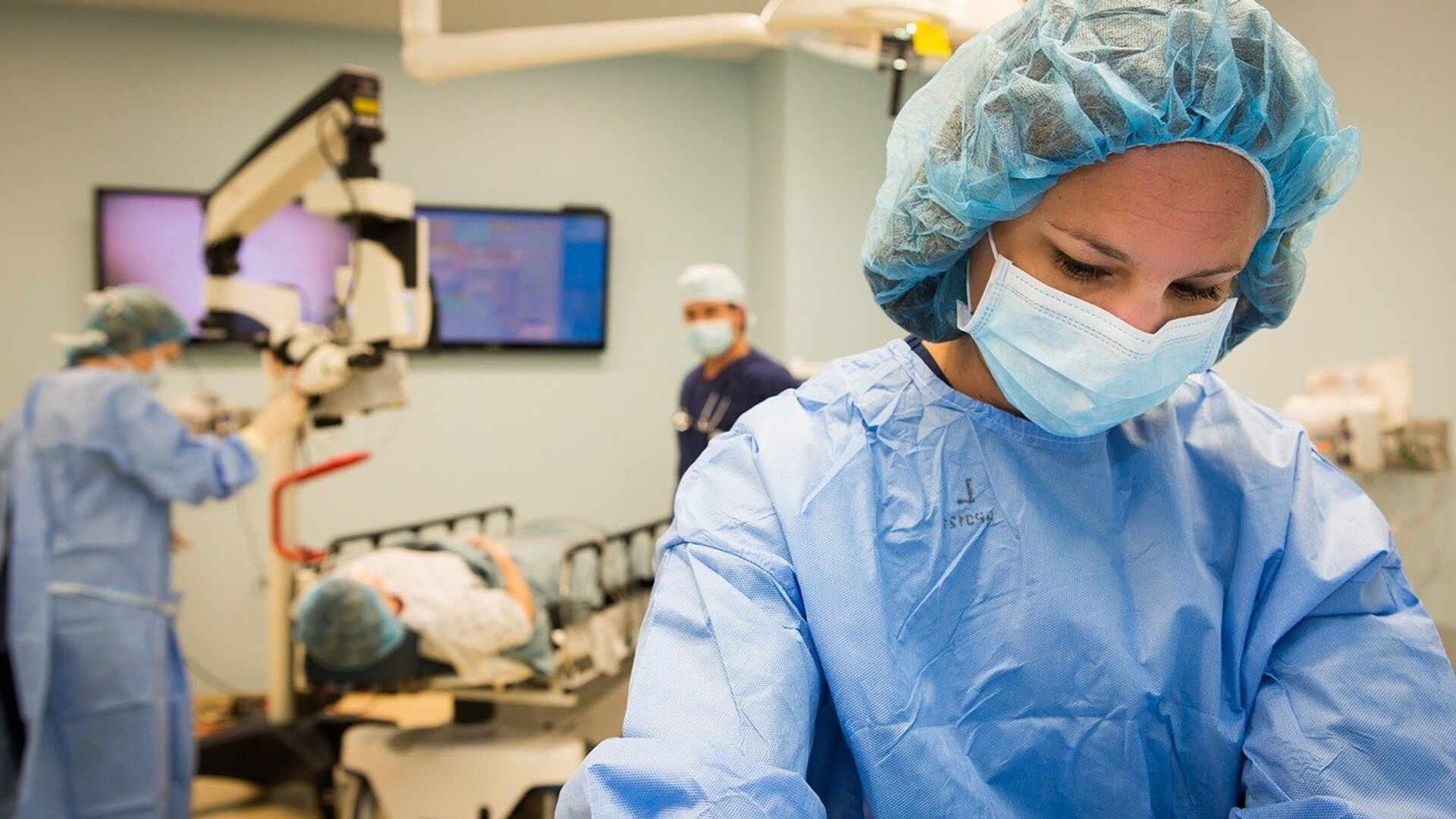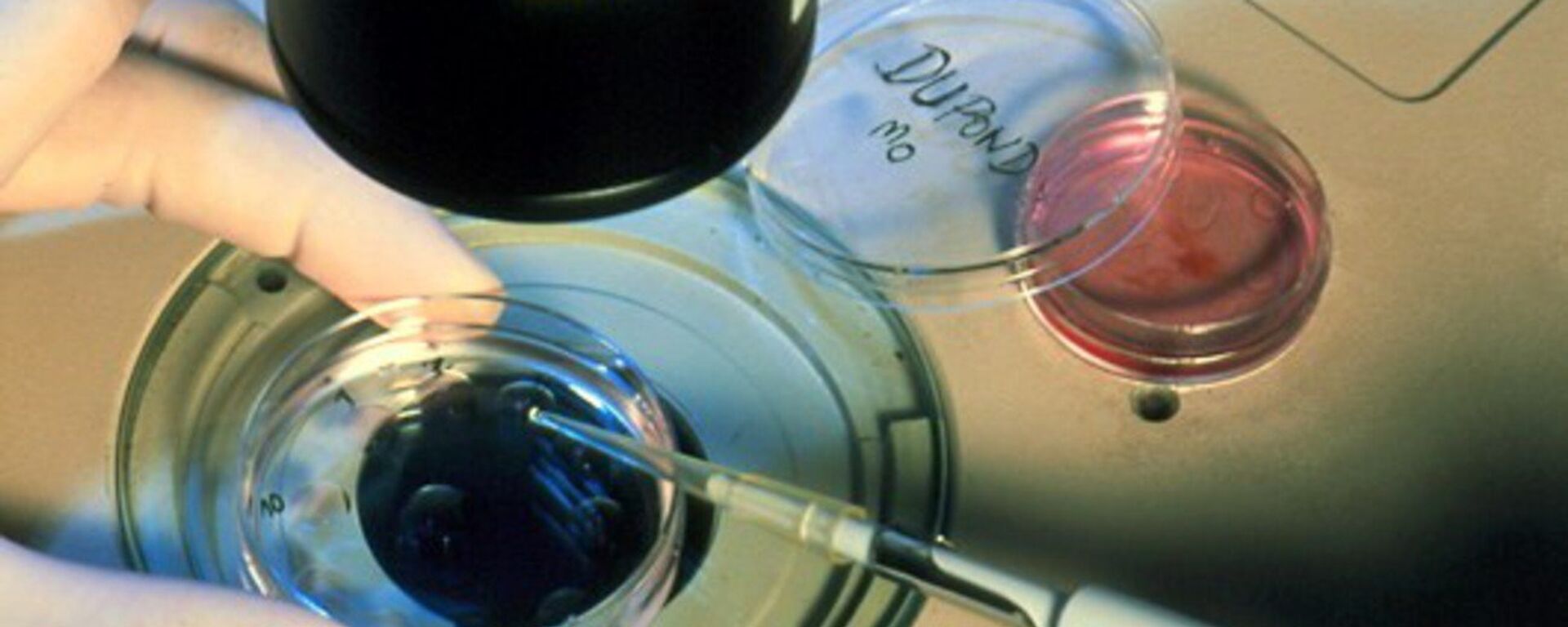https://sputnikglobe.com/20220516/switzerland-says-yes-to-organ-donation-by-default---referendum-1095554040.html
Switzerland Says ‘Yes’ to Organ Donation by Default - Referendum
Switzerland Says ‘Yes’ to Organ Donation by Default - Referendum
Sputnik International
Switzerland held a referendum on Monday to decide on amendments to legislation that offered expanded possibilities for organ donation. 16.05.2022, Sputnik International
2022-05-16T21:23+0000
2022-05-16T21:23+0000
2023-04-30T17:10+0000
europe
organ transplantation
switzerland
referendum
https://cdn1.img.sputnikglobe.com/img/106993/29/1069932943_0:51:1281:771_1920x0_80_0_0_4fed7e64d83237086d4008744ee77011.jpg
60.2% of referendum participants voted for the amendments, making all citizens of the country potential donors by default unless they explicitly opt-out during their lifetimes, according to Swiss broadcaster RTS.Under the current law, organ transplantation is permitted in case of lifetime consent from the deceased. If not documented, the consent to transplant can be obtained from relatives.In most cases, relatives refuse to give their permission for transplantation. Meanwhile, about 450 people receive organs transplanted from deceased people in Switzerland, and the “supply” in this area is significantly lower than the demand. 1,434 people were waiting for donor organs as of the end of the last year.Meanwhile, a non-partisan Swiss committee that initiated the referendum believes that the “default donation” decision contradicts the principle of the inviolability of human dignity, claiming that the absence of refusal should not be interpreted as consent. The organizers of the referendum have expressed fears that the amendments to the Swiss federal law on transplantation could lead to the removal of organs from people who did not give their consent and to a crime surge.According to local media, it will take a few years for Switzerland to switch to the new system. The government is expected to launch a national online registry of donor organs. It is assumed that all residents of Switzerland over 16 years old will have to register and indicate their refusal or consent to organ donation.Opt-out organ donation policies are widespread in Europe, including countries such as Austria, Belgium, Norway and Spain.In some countries, including the United States, the consent to donate one's organs after one's death is indicated in a driver's license. Authorities in Germany, where this practice was first introduced in January 2020, register the consent to donate organs on identity cards or passports, and family doctors are allowed to encourage their patients to indicate their permission or refusal to donate organs in a special online registry.
https://sputnikglobe.com/20220418/embryonic-like-human-cells-created-by-chemicals-may-be-used-for-regenerative-healing---chinese-1094858505.html
switzerland
Sputnik International
feedback@sputniknews.com
+74956456601
MIA „Rossiya Segodnya“
2022
News
en_EN
Sputnik International
feedback@sputniknews.com
+74956456601
MIA „Rossiya Segodnya“
Sputnik International
feedback@sputniknews.com
+74956456601
MIA „Rossiya Segodnya“
europe, organ transplantation, switzerland, referendum
europe, organ transplantation, switzerland, referendum
Switzerland Says ‘Yes’ to Organ Donation by Default - Referendum
21:23 GMT 16.05.2022 (Updated: 17:10 GMT 30.04.2023) Switzerland held a referendum on Monday to decide on amendments to legislation that offered expanded possibilities for organ donation.
60.2% of referendum participants voted for the amendments, making all citizens of the country potential donors by default unless they explicitly opt-out during their lifetimes, according to
Swiss broadcaster RTS.
Under the current law, organ transplantation is permitted in case of lifetime consent from the deceased. If not documented, the consent to transplant can be obtained from relatives.
In most cases, relatives refuse to give their permission for transplantation. Meanwhile, about 450 people receive organs transplanted from deceased people in Switzerland, and the “supply” in this area is significantly lower than the demand. 1,434 people were waiting for donor organs as of the end of the last year.
Meanwhile, a non-partisan Swiss committee that initiated the referendum believes that the “default donation” decision contradicts the principle of the inviolability of human dignity, claiming that the absence of refusal should not be interpreted as consent. The organizers of the referendum have expressed fears that the amendments to the Swiss federal law on transplantation could lead to the removal of organs from people who did not give their consent and to a crime surge.
According to local media, it will take a few years for Switzerland to switch to the new system. The government is expected to launch a national online registry of donor organs. It is assumed that all residents of Switzerland over 16 years old will have to register and indicate their refusal or consent to organ donation.
Opt-out organ donation policies are widespread in Europe, including countries such as Austria, Belgium, Norway and Spain.
In some countries, including the United States, the consent to donate one's organs after one's death is indicated in a driver's license. Authorities in Germany, where this practice was first introduced in January 2020, register the consent to donate organs on identity cards or passports, and family doctors are allowed to encourage their patients to indicate their permission or refusal to donate organs in a special online registry.


